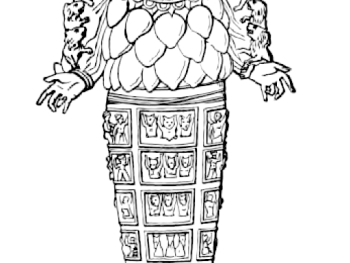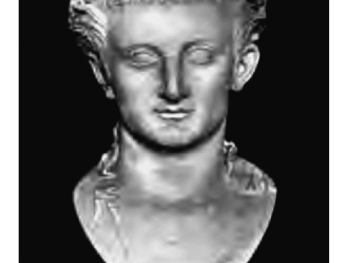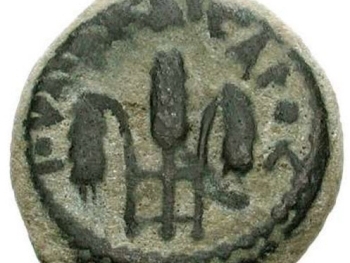Yes, archaeological discoveries have provided evidence that supports the existence of King David, a significant figure in biblical history. While there are no direct inscriptions or artifacts that mention King David by name, several discoveries have shed light on the historical context and provide indirect evidence of his reign.
One notable discovery is the Tel Dan Stele, an ancient stone inscription found in northern Israel. Dated to the 9th century BCE, the inscription refers to the "House of David," providing early extra-biblical evidence of a ruling dynasty associated with David.
Additionally, excavations at sites such as Khirbet Qeiyafa and the City of David in Jerusalem have revealed architectural structures, fortifications, and pottery that align with the biblical descriptions of a centralized monarchy under David's rule.
Furthermore, the biblical accounts in the books of Samuel and Chronicles provide a historical narrative of David's life, reign, and accomplishments. While the Bible serves as a religious text, the archaeological discoveries contribute to the understanding that David was a significant figure in the history of ancient Israel.
It is important to note that archaeology is an ongoing field, and new discoveries continue to emerge. The available evidence suggests that King David was a historical figure, providing a bridge between the biblical accounts and the archaeological record.













